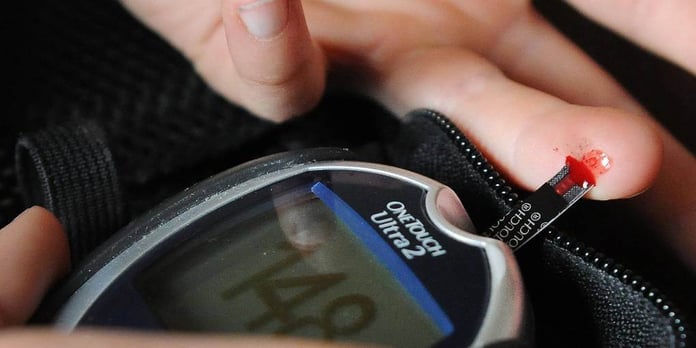
RHEINHESSEN – A virus that affects the respiratory tract brings public life to a standstill – and stokes fear among many people. A group of diabetics also belongs to the risk group with severe disease courses. They should protect themselves against infection with the coronavirus. But there is no reason to panic, experts say.
“The risk varies considerably from person to person,” says Dr. Madeleine Busch, who works in a dialectological practice in Nierstein and Oppenheim. There is no formula that can be used to determine who, once infected with the coronavirus, is particularly seriously ill and who is not. “Those who are poorly attuned have a higher risk.” However, an unstable blood sugar setting cannot be regulated overnight, after all, it is a chronic disease that may require medication and living conditions to be changed. “We accompany the patients here over a long period of time,” Busch states.
Many diabetes patients are currently calling the practice and are asking what needs special attention. If you have secondary diseases such as organ damage or cardiovascular problems, then you should be particularly careful in the current situation, says Busch.
“Diabetes itself is not so critical for an increased risk of a severe course of the coronavirus,” explains Dr. Ernst Kustner, diabetologist with his own practice in Nieder-Olm. Rather, the level of blood sugar depends on how well or badly a diabetes patient can deal with an infection. “The risk arises from how high the long-term blood sugar value is,” he says.
What exactly is a good blood sugar control? The HbA1c value provides information about this, which is a form of the red blood pigment hemoglobin, the content of which in the blood allows conclusions to be drawn about the average blood sugar level. The HbA1c setting recommended by Kustner is 6.5 to 7 percent: “You are on the safe side,” says the expert. If the value is over 9 percent, the immune system suffers. The general rule here is: “The higher the value, the worse for the patient.” Those who are fundamentally poorly positioned should now consult their general practitioner or diabetologist.
Dr. Busch advises all diabetes patients to eat well right now, with the corona pandemic under control, to exercise a lot alone in the fresh air, and to be even more careful to keep their blood sugar levels stable. Dr. Kustner sees no reason for diabetics to be overly pessimistic due to the risk of infection from the coronavirus: “”There is no reason here in Germany to become mortally afraid.””











